Hindi Movie Review: Tiger 3 is bigger, more outrageous, and even more fun than its predecessors
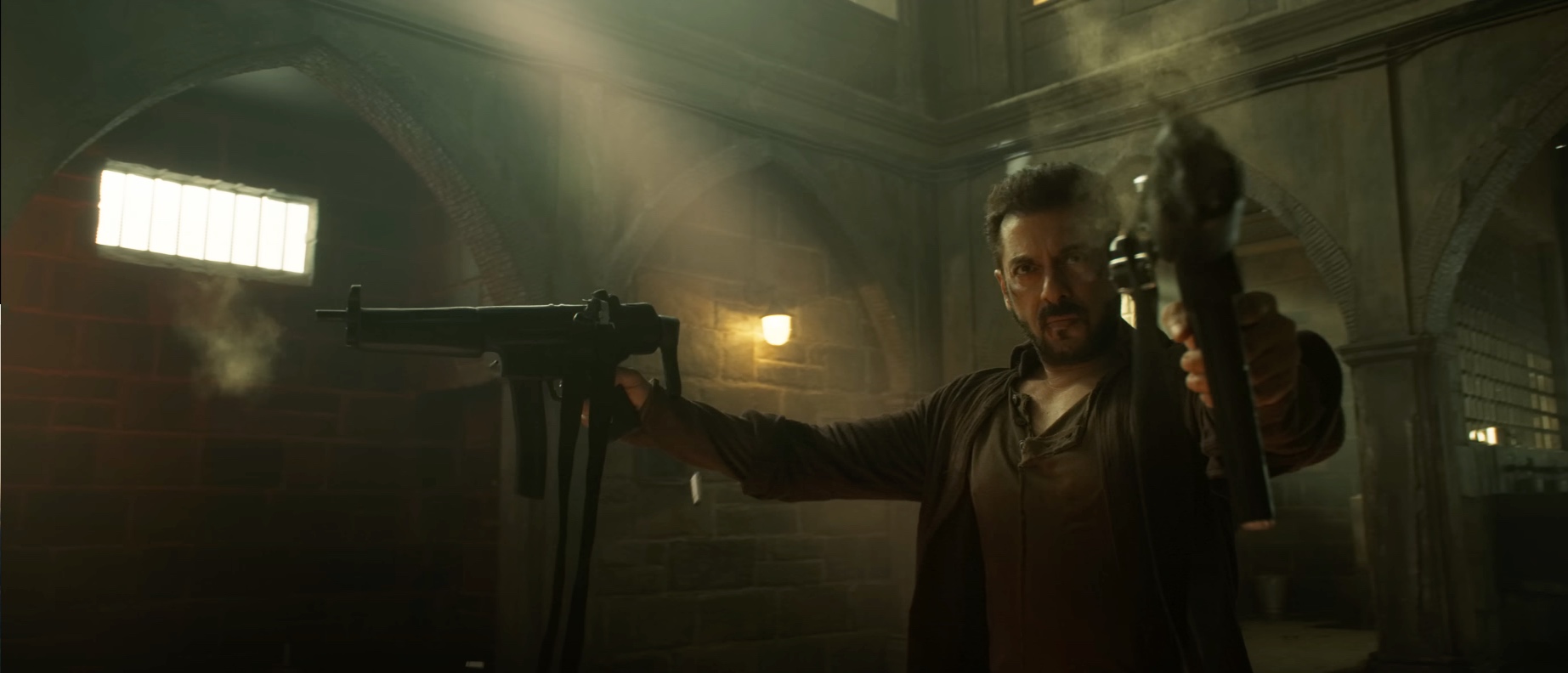
Over the span of just three films, the Tiger series has undergone the same level of metamorphosis that the Fast and Furious saga took seven entries to realize. The first movie, Ek Tha Tiger, was a relatively modest, romance-infused spy story that leaned into the relationship between leads Tiger (Salman Khan) and Zoya (Katrina Kaif). The second installment, Tiger Zinda Hai, replaced the freewheeling, jet-setting tone of its predecessor with a much more intense, realistic, action-packed rescue narrative set in war-torn Iraq. This third film turns the knobs on both the drama and the action up to 11, delivering something much more akin to a superhero blockbuster. Salman Khan may not do as many of his own stunts here as Tom Cruise does in the Mission: Impossible franchise, but he’s definitely aiming for something every bit as spectacular.
Such a pronounced tonal shift within a single movie series can be jarring and unwelcome when the filmmakers aren’t equipped to handle it. The main reason that the Fast and Furious movies pulled off their transformation is because the more over-the-top they got, the better made they were (peaking with Furious 7). For the most part, Tiger 3 can claim success in this regard. Especially coming after the similarly-styled Pathaan, the last entry in what is being dubbed as the “YRF Spy Universe” (of which the Tiger films are also a key part), the pivot towards a more outlandish and operatic tone seems to make logical sense. But the film is also very well executed: under the steady hand of director Maneesh Sharma (2010’s Band Baaja Baaraat, 2016’s Fan), this is arguably the most polished filmmaking we’ve seen in a Tiger movie to date.
Hindi Movie Review: Ganapath is an epic sci-fi failure that defies human logic
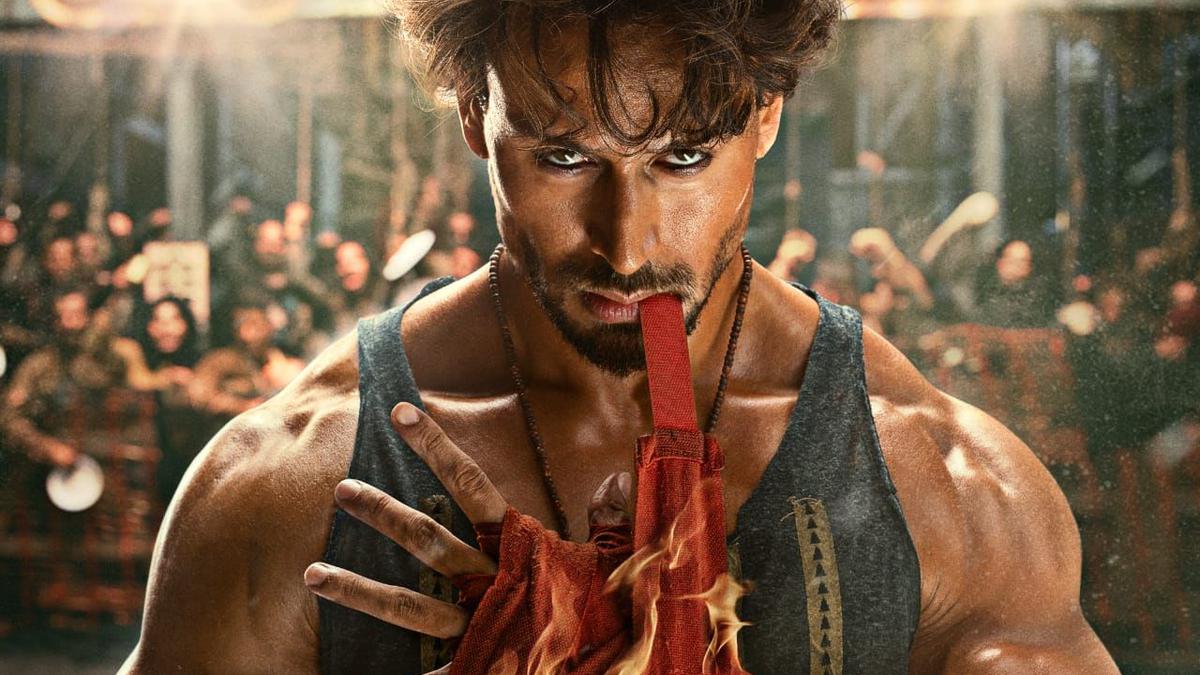
In a year that has seen the use of A.I. in film productions – at least those in Hollywood – consistently remain a hot topic in industry trade publications and union strike negotiations, it comes as something of a shock that actual living humans were responsible for writing and assembling Ganapath, even if it was made half a world away. The film represents perhaps the most haphazard cobbling-together of every science-fiction movie cliché to ever exist that one could have possibly imagined. Dystopian setting? Check. Epic strife between rich and poor? Check. “Chosen one” protagonist who is initially oblivious to his prophesized role? Check. Antagonist who speaks through a creepy voice-box for no apparent reason? Check. I could go on, but you could probably come up with the list yourself without even having seen the movie.
Putting aside writer/director Vikas Bahl’s insatiable appetite to rehash the familiar – so shameless it really feels like something a computer spit out – the actual execution of the script is so inept, it verges on unbelievable. This includes CGI effects so rudimentary, it appears as though the filmmakers looked at the VFX vendors’ previz renderings and told them, “This looks good enough and we’re short on cash, so we’ll consider it final.” But terrible visual effects are hardly the movie’s worst offense; from cinematography to editing to sound design, the production seems to lack any sense of proper “film language.” Which is to say, Ganapath doesn’t even feel like a real movie so much as a lot of shots that happen to be strung together – and this isn’t a case of filmmakers intentionally breaking the rules, it’s just pure incompetence.
Hindi Movie Review: Mission Raniganj takes a dated, but still emotionally engaging approach to telling a harrowing true mining story
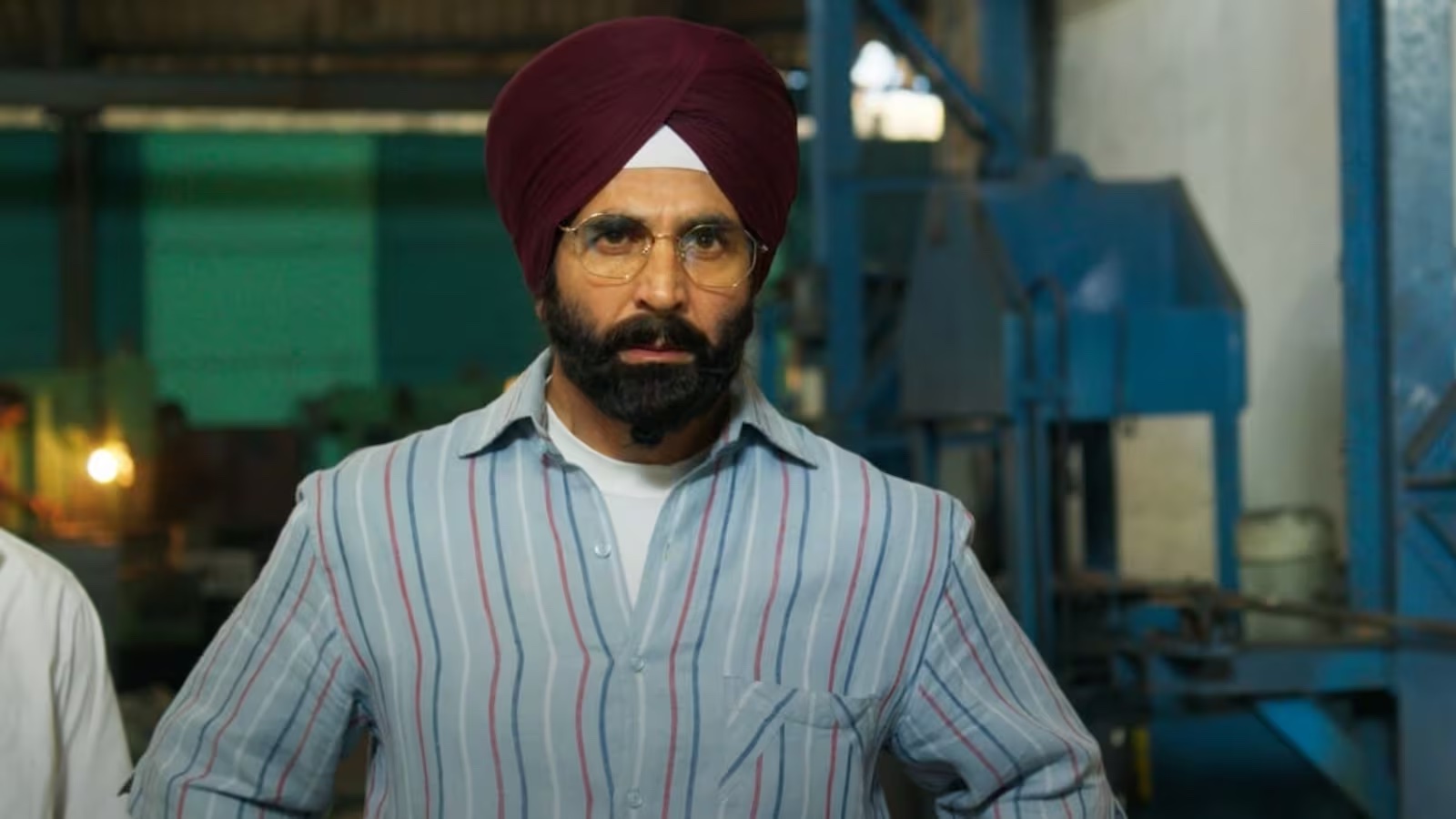
The box office underperformance of Mission Raniganj has led many online and in the Bollywood media to speculate that Akshay Kumar may be ‘done for’ as a leading man, especially when paired with the disastrous results for his other key film this year, Selfiee. And the movie itself lends plenty of ammunition to this argument, coming across as dated in several ways that feel less nostalgic (a la Top Gun: Maverick) than they do just-plain-tired. Based on the famous coal mining rescue mission of 1989, the film’s story is truly remarkable, but as audiences have been reminded countless times before, inspiring source material doesn’t automatically lend itself to great filmmaking.
The first few scenes, in particular, had me fearing for the worst. They immediately struck me as though they could be part of a Bollywood film quickly forgotten 20 years ago – and I’m relatively new to watching this industry’s productions! Kumar’s character, mining engineer Jaswant Singh Gill, is introduced with such an old-fashioned heroic tone that feels so artificial, you have to keep reminding yourself that he’s actually based on a real person. Then there’s a throwaway musical number because… well, the filmmakers still feel obligated to include one and there was no other logical place to toss it in. Not long after, we get to the big action set-piece where the mine collapses, trapping dozens of miners inside, and the cheap-looking CGI (especially the water effects) undermines the authenticity of the chaos.
Hindi Movie Review: Sukhee doesn’t introduce anything new to the midlife female empowerment genre
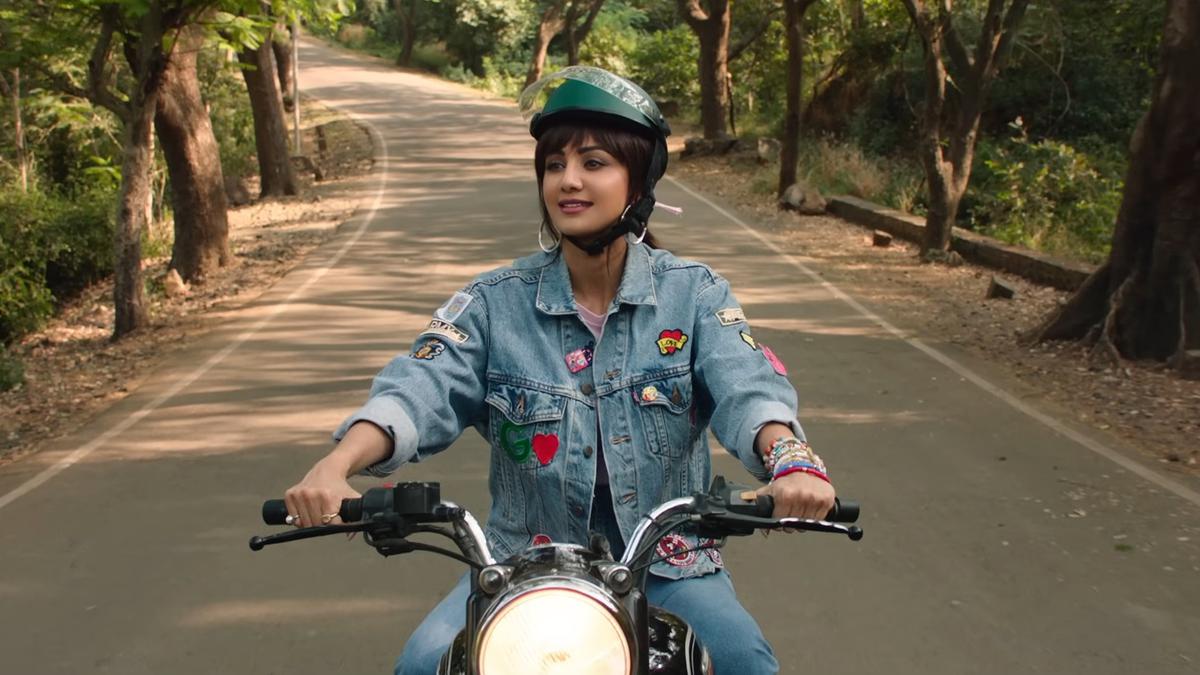
Sonal Joshi’s Sukhee scores plenty of points for being well-intentioned, but virtually none for originality, which isn’t the optimal balance for a greeting card, much less a movie. The latest entry into the “middle-aged woman finds herself” subgenre – which has grown tired in both the East and West – it offers few new insights about midlife reawakening and less edge than even Eat Pray Love. And yet, it’s hard to feel much hostility towards the film because, well, everybody’s heart seems to be in the right place. The title character is sympathetic, the ultimate message is unobjectionable, and the movie as a whole goes down relatively easy. Sukhee feels more unnecessary than it does unenjoyable.
Shilpa Shetty Kundra plays Sukhpreet “Sukhee” Kalra, a Punjabi homemaker whose contributions to her family and marriage go entirely underappreciated. Her husband Guru (Chaitanya Choudhry) is consistently preoccupied by financial climbing and winning contracts at work; her teenage daughter Jassi (Maahi Jain) takes her motherly efforts for granted. Only Sukhee’s elderly father-in-law (Vinod Nagpal) seems to recognize all that she does, and he passes away not a half-hour into the picture. So when an invitation to her 25-year high school reunion lands in her inbox, the disaffected Sukhee realizes that it’s time to return to her teenage home of Delhi and get back in touch with the independent, vivacious young woman she once was, objecting husband be damned.
Hindi Movie Review: Shah Rukh Khan’s Jawan lives up to the massive hype
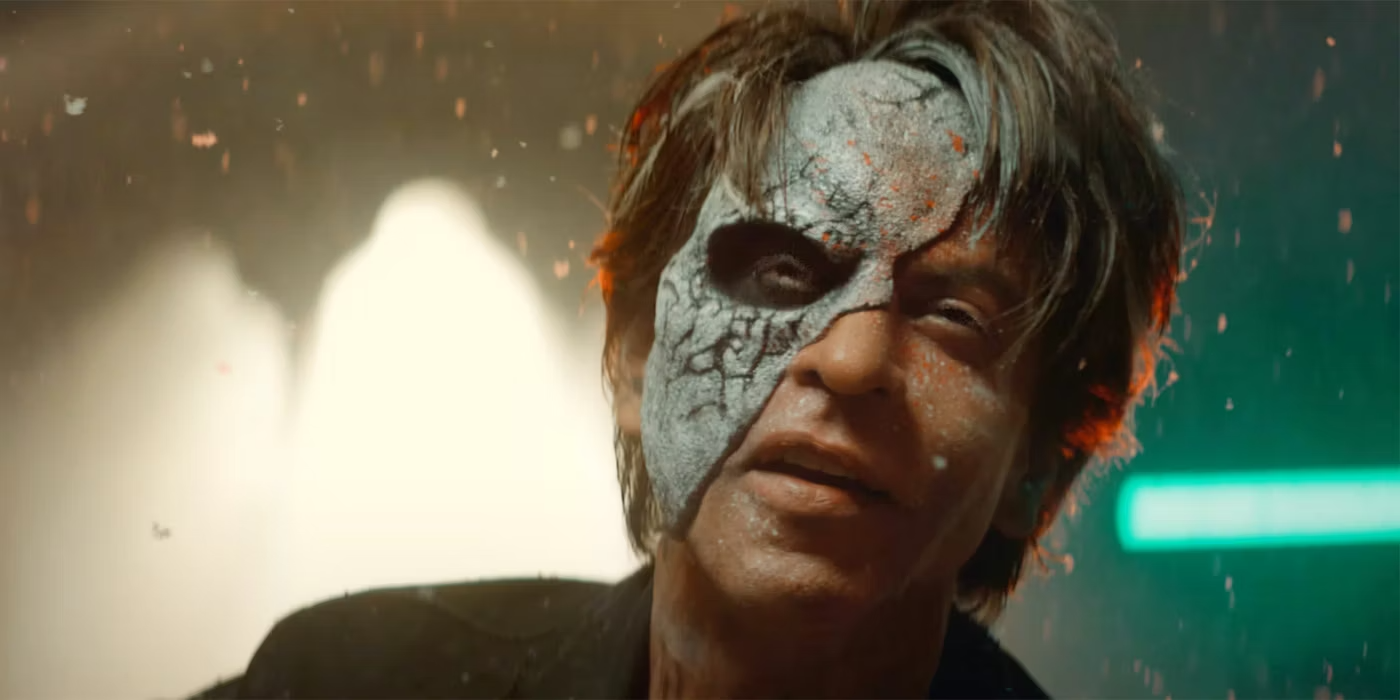
This past January, Shah Rukh Khan returned to his first leading role following a four-year hiatus in Pathaan, which quickly became the highest-grossing Hindi film of all-time in India (not to mention a long list of international markets where the bar was lower). Less than nine months later, it looks like he’ll set that same record all over again with Jawan, which as of this writing has already claimed the title for top Hindi film opening day. Of course, these things can change quickly based on audience word-of-mouth, but I wouldn’t expect a slowdown any time soon for Jawan, as it delivers basically everything one could want from a mass appeal blockbuster. Like Pathaan, the movie boasts magnetic performances from both Khan and his costars, solid action set-pieces backed by well-earned stakes and suspense, surprising twists, and substantive but not patronizing social commentary. In other words, it’s the whole package.
Jawan’s very contemporary riff on a classic Robin Hood story makes it perhaps the biggest international blockbuster to date to tackle the global push towards social and economic populism. Khan plays the jailer Azad, who runs a women’s prison acclaimed for its rehabilitation programs. But that’s just his public-facing day job. Behind the walls of the prison – and beyond them – he also leads a covert team of six of the inmates imposing vigilante political justice in India. Early in the film, they hijack a Mumbai Metro train to extort the cash needed to pay down a slew of predatory government loans that were forced on farmers and other working-class people. In a subsequent mission, they shoot a corrupt Health Minister and rush him in for treatment at one of the government hospitals that his department deprives of proper resources. When the facility predictably doesn’t have the right surgeon or equipment, Azad demands that all government hospitals be supplied the proper inventory within five hours, before the patient can be saved.
Hindi Movie Review: OMG 2 falters in adapting the original scenario to a fit new social issue
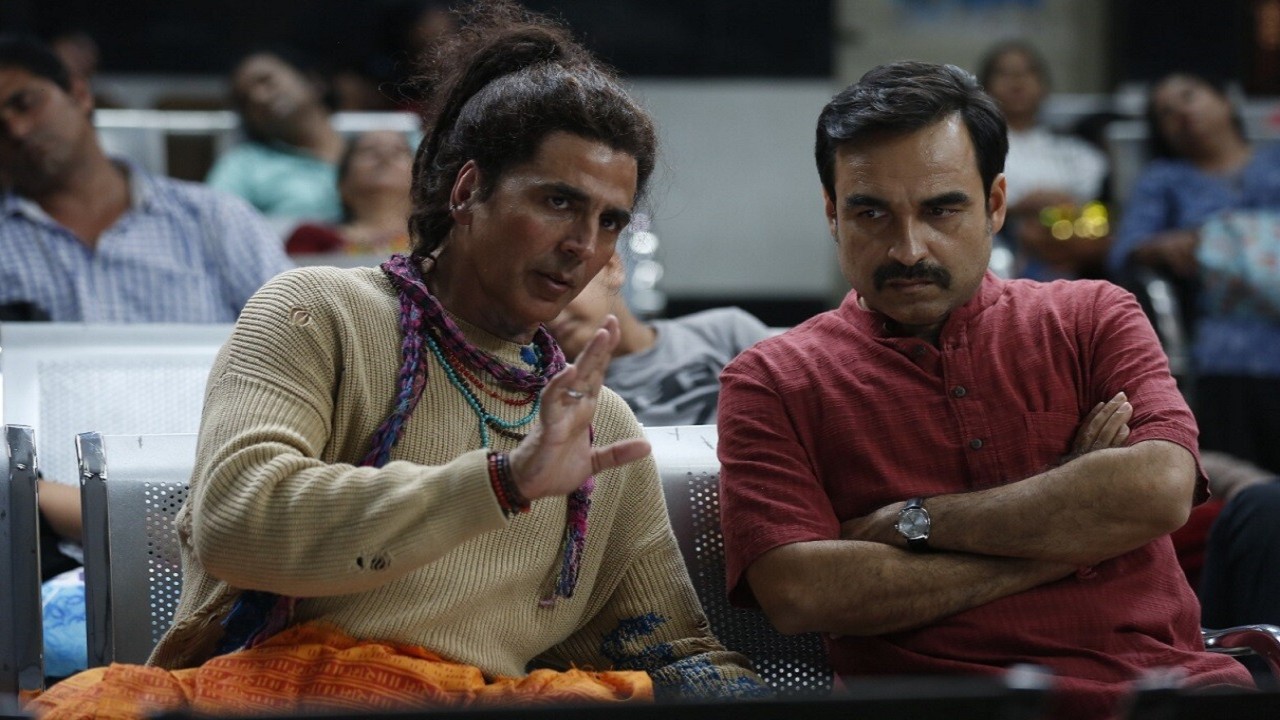
The first Oh My God!, released in 2012, was a flawed film with an intriguing high concept, adapted from the Gujarati stage play Kanji Virudh Kanji and its inspiration, the Australian film The Man Who Sued God. The premise: With the earthquake that destroyed his shop deemed an “Act of God,” atheist Kanji Lalji Mehta seeks to take the responsible party – in this case, the Lord himself – to court. This evolves into a clever morality play that sees Kanji going after the self-anointed religious officers in society who collect donations only to enrich themselves, rather than serve the will of God and help others. While the setup of Oh My God! was better than its execution, which took the story into heavy-handed and obvious directions, it had a thought-provoking central idea relating to organized religion’s role in upholding justness. Looking back, it’s no surprise that such an ingenious, easily articulated concept that hit at the zeitgeist yielded big box office returns.
Oh My God! was clearly intended to be a self-contained story, so it’s hardly a surprise that its connection to this decade-later sequel feels awkward at best. The only common ingredient between the two films is Akshay Kumar, who reprises his role as a divine messenger – this time as a manifestation of Shiva, while last time it was Krishna. But even this part of the sequel feels like it has been shoehorned in. Whereas Kumar came across as a true spiritual guide to Kanji in the first film, offering divine counsel in urging him to read the Gita, Bible, and Quran for answers to his predicament, here he takes on more of the role of a “fairy godfather,” providing convenient solutions for protagonist Kanti Sharan Mudgal (Pankaj Tripathi) whenever he reaches a seemingly unsurmountable obstacle. As such, the franchise’s entire notion of spiritual devotion becomes muddled; whereas the first film ultimately extolled the virtues of unconditional belief in God, here it would seem the takeaway is you only need Him when you’re in a pinch. And this is only the beginning of the story’s thematic confusion.
Hindi Movie Review: Gadar 2 smashes box office records while stoking controversy… but is the movie itself any good?
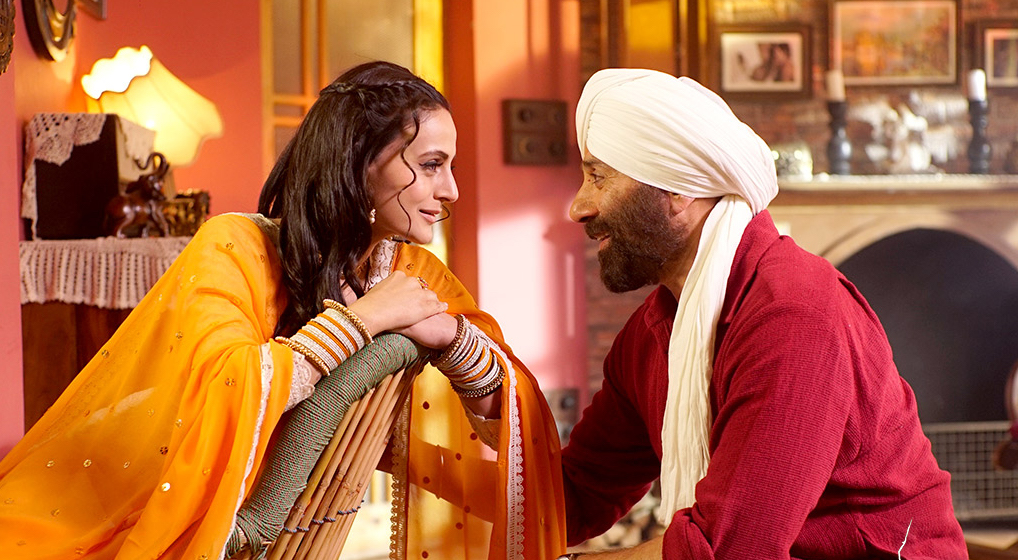
Looking at the reception and box office trajectory of Gadar 2 in India, one can’t help but notice certain similarities with the summer’s surprise smash-hit in the U.S., Sound of Freedom. Both are films that more progressive, educated elites have rejected on political and artistic grounds. In the case of Gadar 2, detractors deem the movie Islamophobic, objectionably nationalistic, and shamelessly nostalgic for a brand of traditionalism that has gone out of vogue. This has especially been the case among the Indian diaspora in the West, where grosses and bookings have been comparatively moderate relative to the film’s domestic haul. In the case of Sound of Freedom, the movie has been labeled conspiratorial, fearmongering, and a distraction from the real causes of its harrowing subject, child trafficking. But as the global liberal media has gone to great lengths to discredit these films, both have become absolute sensations in terms of admissions. Gadar 2 is now the second-highest grossing Hindi film ever released in India, with an outside chance of unseating the top dog, this year’s Shah Rukh Khan-starrer Pathaan.
Of course, unlike Sound of Freedom, Gadar 2 is also a nostalgia play, coming 22 years after its blockbuster predecessor (the story itself is set 17 years later). One might be tempted to call it “long-awaited,” but there was little about the first film that suggested a sequel beyond its box office success. And unlike last year’s American megahit Top Gun: Maverick, this was not a follow-up that the lead actor had teased for years; on the contrary, Sunny Deol was a bit hesitant about reprising arguably his most iconic character, Tara Singh. But the new installment spares no opportunity to relive the glory of the first film. In fact, both of its major musical numbers – “Udd Jaa Kaale Kaava” and “Main Nikla Gaddi Leke” – are simply rearrangements of the songs from the original Gadar: Ek Prem Katha. We also spend an unusually long amount of time viewing clips recapping the first movie at the beginning of this one.
Hindi Movie Review: Rocky Aur Rani Kii Prem Kahaani soars on infectious characters, sputters on sloppy politics
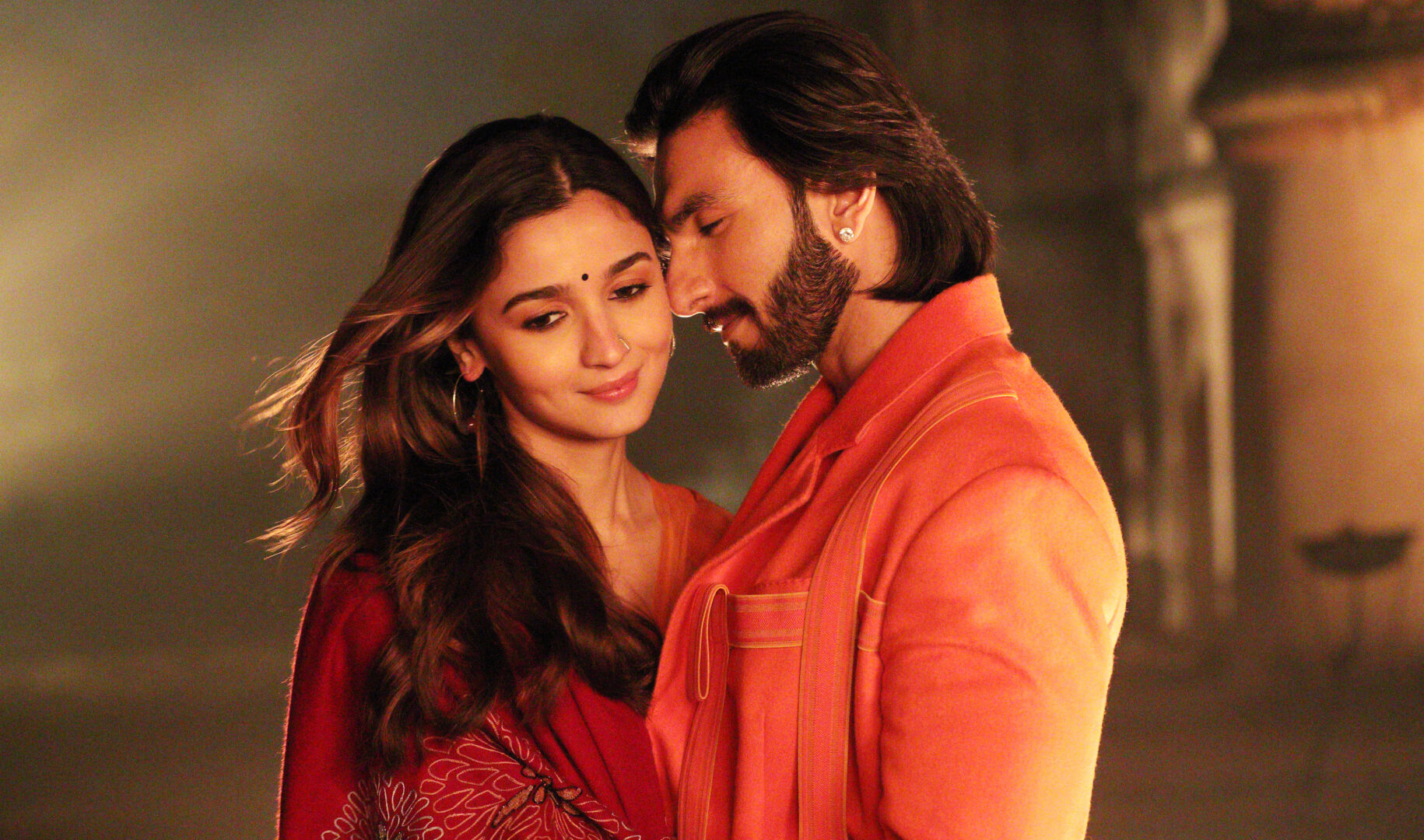
There is such an intoxicating energy to the first half – and especially the first third – of Rocky Aur Rani Kii Prem Kahaani (in English, “Rocky and Rani’s Love Story”) that it’s damn near impossible to resist in the early going. Telling an age-old story of opposites attracting with goofy aplomb, this latest directorial effort from megaproducer Karan Johar feels like a Bollywood-infused throwback to the golden era of early-2000s Hollywood rom-coms. With a seemingly effortless, high-energy style and two irresistibly charismatic lead performances by Ranveer Singh and Alia Bhatt, the film flies by until the intermission point.
Only at the movies are we willing to suspend disbelief to the extent that we buy into a romance between characters as seemingly mismatched as Singh’s Rocky and Bhatt’s Rani, but there’s something distinctly pleasurable about believing that such a pairing could actually happen. Or really, that these leads – so endearing but also so fabricated – could exist in the natural world. We meet the two characters in introductions so cheesy-delicious, they could sell them at Little Caesars. Rocky, an intellectually vacant but well-meaning Punjabi heir to a packaged laddoo fortune, romps around a club with a shirt that seemingly won’t button, while women of all ages drool at his feet. Rani, a bohemian-raised Bengali television journalist, takes down a chauvinist politician in an on-air interview that would have never been consented to in reality.

